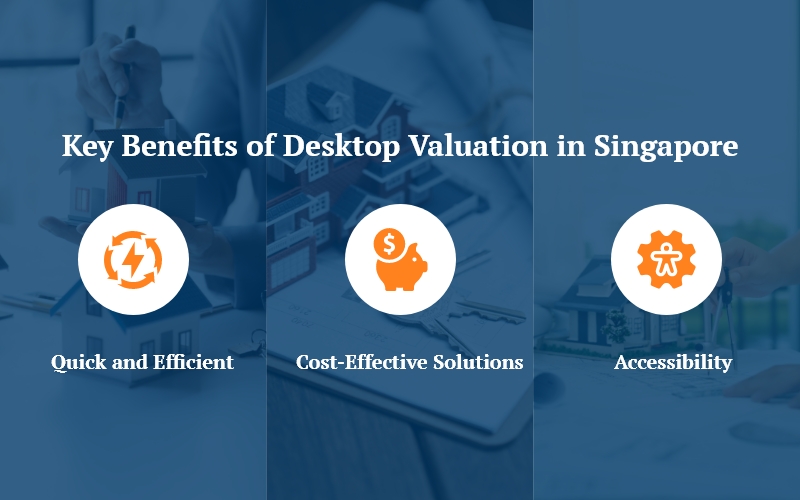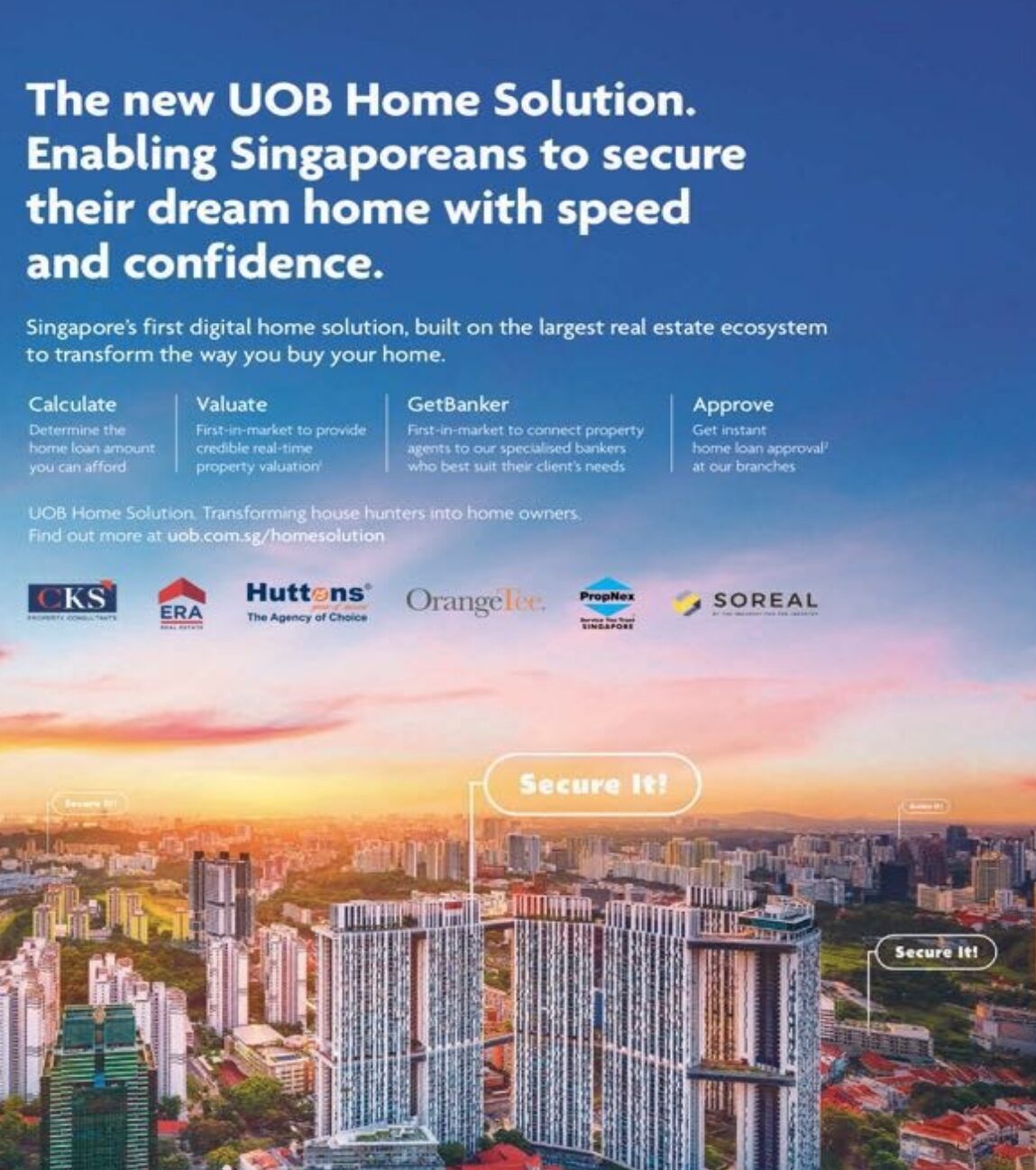What is a Feasibility Study in Property Evaluation?
Blogs & Articles / What are Property Valuations and Why They’re Important

Having a comprehensive understanding of property investment is crucial for real estate ventures. This thorough evaluation that determines the viability of an investment or property development is known as a feasibility study. Evaluating important aspects, like market trends, financial feasibility, site considerations, and compliance regulations, helps in making an informed decision by understanding the challenges and rewards of an investment. This article will delve into the core components of a feasibility study for property assessment and its importance in Singapore.
Components of a Feasibility Study in Property Evaluation
A property valuation is an assessment that estimates the market value of a property, typically conducted by a licensed appraiser. The valuation work includes a thorough analysis of the property’s characteristics, market conditions, and comparable sales data to arrive at a fair and accurate property value.
Purpose of Property Valuation
Market Analysis:
Starting with a detailed market examination is crucial for any property feasibility study. This involves researching current market trends, identifying prospects, and understanding their preferences. For instance, when constructing a residential property, it is important to determine whether there is greater demand for condos or landed homes in the area. A comprehensive market analysis also takes the competition into account by pinpointing and evaluating similar nearby developments. This information provides valuable insights into your property valuation in Singapore.
Financial Feasibility analysis:
Assessing the financial feasibility of a project is another critical phase. This phase involves calculating the total costs of a project, including expenses for land acquisition, construction, legal fees, and other pertinent costs. It also forecasts potential revenue from sales or rentals. By comparing estimated costs with projected income, developers can make well-informed decisions about the financial feasibility of their investment.
Legal and Regulatory Review:
In Singapore, it is crucial to adhere to strict zoning regulations, construction codes, and environmental regulations. Conducting a legal and regulatory review helps identify potential obstacles that can affect the development. Whether securing planning approvals or ensuring adherence to local building standards, this step ensures that the development aligns with Singapore’s legal framework. Neglecting this critical element during the development phase can lead to costly legal issues down the line. Whether purchasing or selling property in Singapore, it is important to adhere to the relevant authorities’ master plans, plot ratio, building height restrictions and other pertinent regulations in Singapore for smooth operations.
Site Analysis:
Understanding the physical attributes of a site is essential to determining its development potential. This part of a feasibility study involves evaluating various environmental factors, accessibility, and proximity to essential amenities like shopping centres and schools. For example, at the early stages of development, it is important to tackle issues such as road setbacks, road reserves, drainage reserves, poor infrastructure or flood risks. Overall, it determines if the property is worth investing in.
Risk Assessment:
Every real estate development project comes with its own set of dangers, therefore, making a thorough risk assessment essential. This process involves identifying potential problems such as market fluctuations, construction delays, economic downturns, and unforeseen costs. By determining these risks, developers can implement contingency plans to mitigate their effects. A well-crafted risk assessment not only addresses challenges but also increases the likelihood of the project’s success, even in challenging circumstances. You can hire property valuation services in Singapore for an accurate report, gaining valuable insights into all crucial aspects of a project.
Demand Forecasting:
Assessing redevelopment opportunities of an existing site is possible through feasibility studies. Developers might identify ways to maximise the site’s highest and best use by evaluating several development scenarios, such as extending or repurposing the property. This strategy ensures that the redevelopment is in line with market trends while offering attractive options for prospective buyers.
Environmental Considerations:
Since Singapore is renowned for its commitment to sustainability, environmental standards must be highly considered in any property development. This entails evaluating the project’s effects on the environment and making sure that all the required steps are taken to lessen its ecological footprint. A feasibility study also incorporates eco-friendly solutions, such as energy-efficient designs or sustainable materials, to ensure compliance with environmental regulations and contribute to the long-term success and appeal of the development.
Maximising Value Through Redevelopment Scenarios:
Assessing redevelopment opportunities of an existing site is possible through feasibility studies. Developers might identify ways to maximise the site’s highest and best use by evaluating several development scenarios, such as extending or repurposing the property. This strategy ensures that the redevelopment is in line with market trends while offering attractive options for prospective buyers.

Conclusion
A well-executed feasibility study is a cornerstone of successful property evaluation. It offers a comprehensive view of the project’s potential, helping to minimise risks and guide informed decision-making. By focusing on key aspects such as market analysis, financial viability, and legal considerations, developers can proceed with their plans with confidence. Whether you are planning a new development or considering a property sale, a comprehensive feasibility study is essential for making sound and strategic decisions.
If you are thinking about property development or sale in Singapore, reach out to CKS Property Consultants. Our team delivers expert property valuation services and helps you navigate through market complexities.
Related Articles
Desktop valuations in Singapore offer a range of benefits, including affordability, quick assessment, and accessibility without requiring an on-site inspection....
In order to accurately assess a retail business’ value requires determining its financial performance, property portfolio, lease agreements, property conditions...
Copyright © 2024 CKS Property Consultants Pte Ltd




